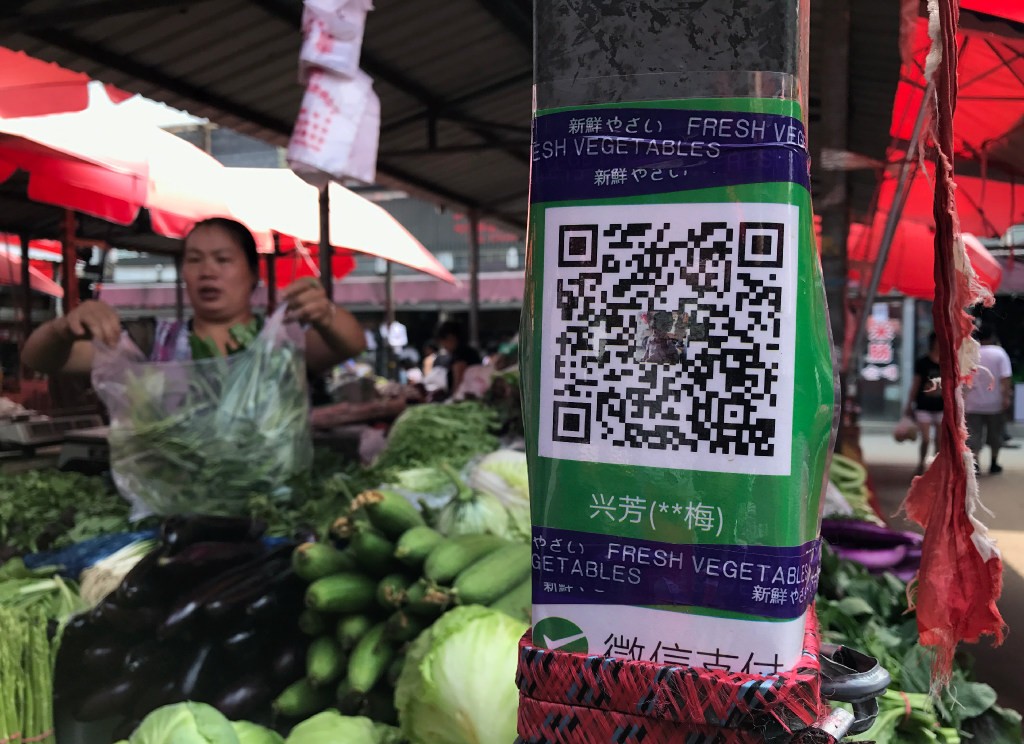
Five things Facebook will need to do to become more like WeChat
Zuckerberg says he should have learned from WeChat
But what would it take for Facebook to actually become more like WeChat? Let’s take a look:
Private communication
WeChat is based on private messaging instead of real-name profiles. WeChat accounts of individuals are not public. That means unlike on Facebook, you can’t search for someone’s name on WeChat to find their accounts.
Instead, people are only searchable if you know their WeChat ID (which is usually a string of random or personalized numbers and characters), QQ ID, or phone number. To do that, you’ll probably have at least some sort of connection with the person you want to get in touch with. Users can also opt out from being searchable by those numbers.
Just like Facebook, WeChat users can adjust the privacy settings of their posts. But even if they chose public, only the content of that post can be viewed by outsiders. The comments and likes are only viewable by your contacts. It’s probably why WeChat named the section Pengyouquan, meaning “Friends’ circle” in Chinese.
News feed vs Subscription box
Facebook shows advertisements on users’ news feed. But here’s the big difference it has with WeChat: While WeChat has a social feed called Moments where you can see updates from friends, it has promised to only dump two ads on there each day.
You can see more news updates from businesses -- but only those you’ve subscribed to. Their posts live inside a subscription box that sits among your chat windows. It contains all the articles from public accounts you’ve subscribed to, arranged chronologically.
One of WeChat’s recent updates did include a news feed called “Top Stories”, but it’s tucked away on its own in the Discovery page: If you don’t like it, you can just avoid opening it.
Mobile Payment
In China, hundreds of millions of people use WeChat to pay for bills and groceries, hail a cab, order food, and send each other digital red packets. It’s one of the reasons why users are hooked on the app.

How the QR code conquered China
Zuckerberg has said Facebook is working to add digital payments. But unlike in China where WeChat is already one of two dominant players, competition is tough in the US. Right now, many Americans are already using the likes of Apple Pay, Samsung Pay and Google Pay.
Mini programs
Some has compared WeChat to a swiss army knife -- you can do almost everything on the app. A big part of that is down to mini programs -- lightweight apps that run inside the bigger app of WeChat.
Mini Programs: The apps inside apps that make WeChat so powerful
Mini programs aren’t exactly new: Facebook already has instant games, which are essentially mini games that you can play within Facebook without having to download separately from an app store. But it could be an uphill battle for Facebook to attract businesses to build their own mini programs on its network.
Overall philosophy
In China, WeChat is seen as different from many other internet services. It doesn’t show you a full-screen ad when you launch the app, which is unusual as far as Chinese apps go. It doesn’t have pop-up messages and it doesn’t need you to pay a subscription for a better user experience.
It’s been reported that WeChat doesn’t use end-to-end encryption for messaging, which makes the app vulnerable to hacks. Also, to use many of WeChat’s services, your account has to be registered with a phone number. Since China requires all phone numbers to be registered under real names, there are concerns that the government could spy on messages.
Zuckerberg says he wants Facebook to help users connect privately with each other. If so, this is probably where it should stay away from emulating WeChat.
For more insights into China tech, sign up for our tech newsletters, subscribe to our Inside China Tech podcast, and download the comprehensive 2019 China Internet Report. Also roam China Tech City, an award-winning interactive digital map at our sister site Abacus.

